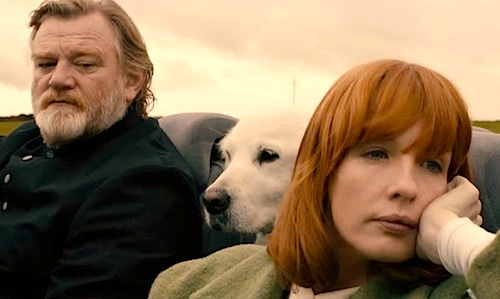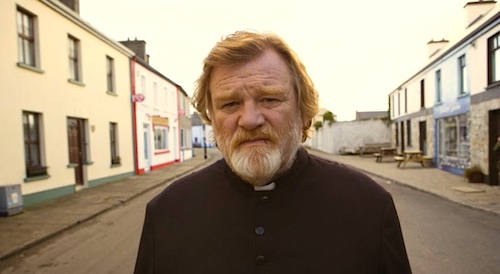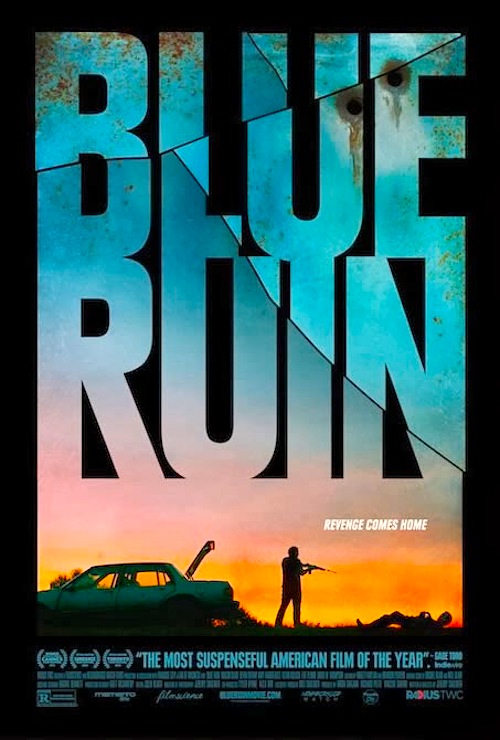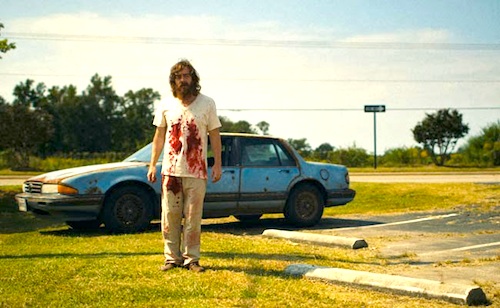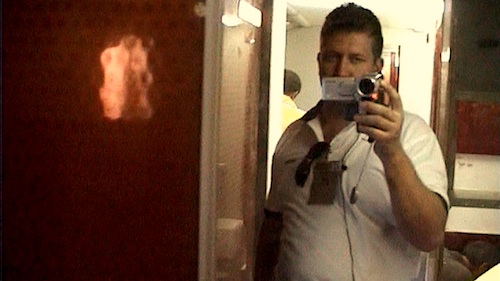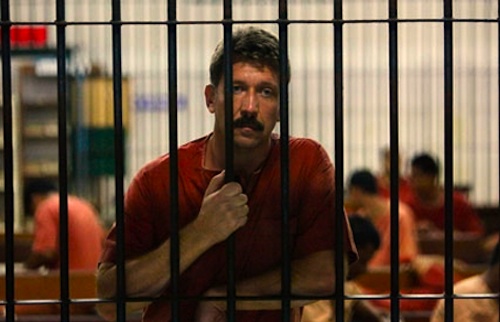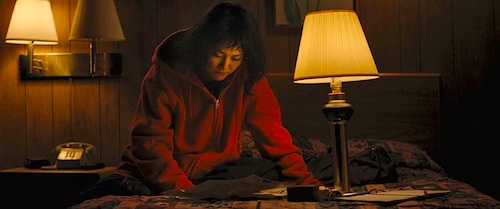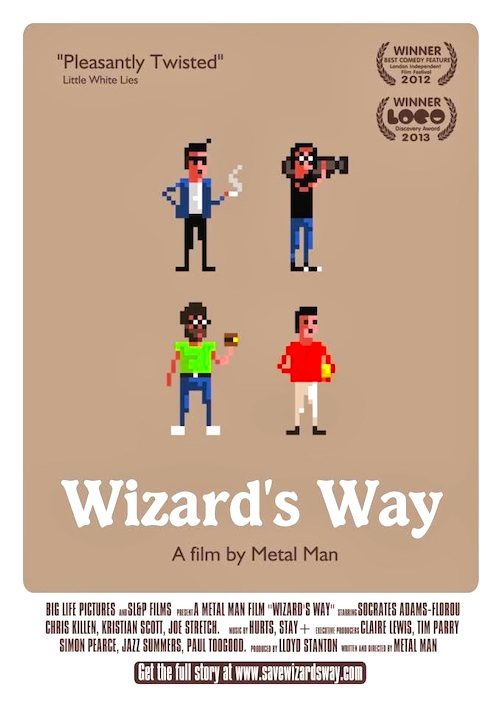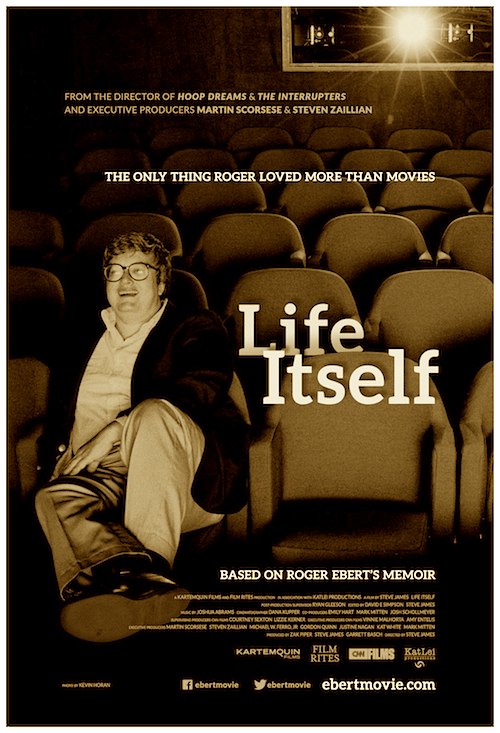 By Joe Bendel. In 1994, Siskel & Ebert helped launch Hoop Dreams towards its Sundance success with an unprecedented early review that aired during the first weekend of the festival. Twenty years later, Sundance regular Steve James returns again with a documentary tribute to his frequent champion, Roger Ebert. An affectionate profile produced with the cooperation of the Chicago Sun-Times critic during his final days, James’ Life Itself, which screens today as part of the 2014 Sundance Film Festival.
By Joe Bendel. In 1994, Siskel & Ebert helped launch Hoop Dreams towards its Sundance success with an unprecedented early review that aired during the first weekend of the festival. Twenty years later, Sundance regular Steve James returns again with a documentary tribute to his frequent champion, Roger Ebert. An affectionate profile produced with the cooperation of the Chicago Sun-Times critic during his final days, James’ Life Itself, which screens today as part of the 2014 Sundance Film Festival.
Taking its oddly uncinematic title from Ebert’s memoir, Life focuses on Ebert, but his longtime co-host Gene Siskel naturally figures significantly throughout the film. Frankly, many viewers may well feel like the two critics should have had equal billing, but perhaps Ebert finally got one over on Siskel in that respect.
As the editor of the University of Illinois at Urbana-Champaign student newspaper, Ebert was not shy about expressing his left-of-center opinions. It would also help him fit in at the Sun-Times upon graduation. Like many entry level journalists, Ebert started out doing utility infield work at the paper, such as death notices and crime reports. When the movie critic resigned, he was assigned the beat rather off-handedly, because it was not considered a high profile gig. Pre-Kael newspaper film criticism often used generic bylines to accommodate multiple anonymous contributors. Of course, Ebert and his Pulitzer Prize for criticism would help change matters.
James devotes a fair amount of time to Ebert’s cub journalist years (which are reasonably interesting) and resolutely faces up to his naughty collaborations with sexploitation pioneer Russ Meyer (that are downright fascinating). He also intersperses the biographic business with footage of Ebert’s slow decline during the early months of 2013.
However, most viewers will be interested first and foremost in his years co-hosting movie review programs with Siskel. While James does not skimp on clips from the various incarnations of their show and prominently features the reminiscences of Siskel’s widow, their contentious partnership arguably could have been even higher in the mix. After all, it is through their television appearances that most viewers would have come to know Ebert.
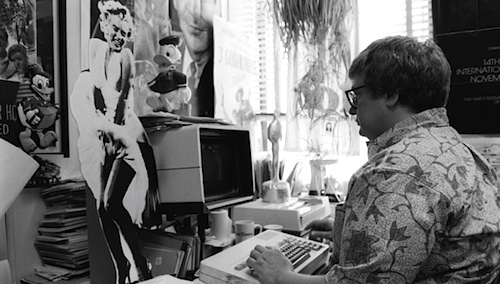
In fact, it is a wistfully nostalgic experience watching them argue and dispense thumbs. Life indeed reminds us what a comfortable presence S&E were on our idiot boxes. The influence they exercised over movie-going tastes and preferences will probably never be replicated.
Granted, James handles the scenes of the failing Ebert with tremendous sympathy, but they threaten to overwhelm the celebration of his life with uncomfortable hospital scenes. We come to understand why Ebert wanted to be so forthcoming about his health, but all the details do not have to be on-screen.
If you are wondering, Ebert’s in/famous North review did not make the cut. Maybe it will be on the DVD. Regardless, it is rather nice to see a movie that considers film criticism a worthy endeavor. Recommended for those who can never get enough movie nostalgia, Life Itself screened at this year’s Sundance Film Festival.
LFM GRADE: B
Posted on January 27th, 2014 at 4:15pm.
